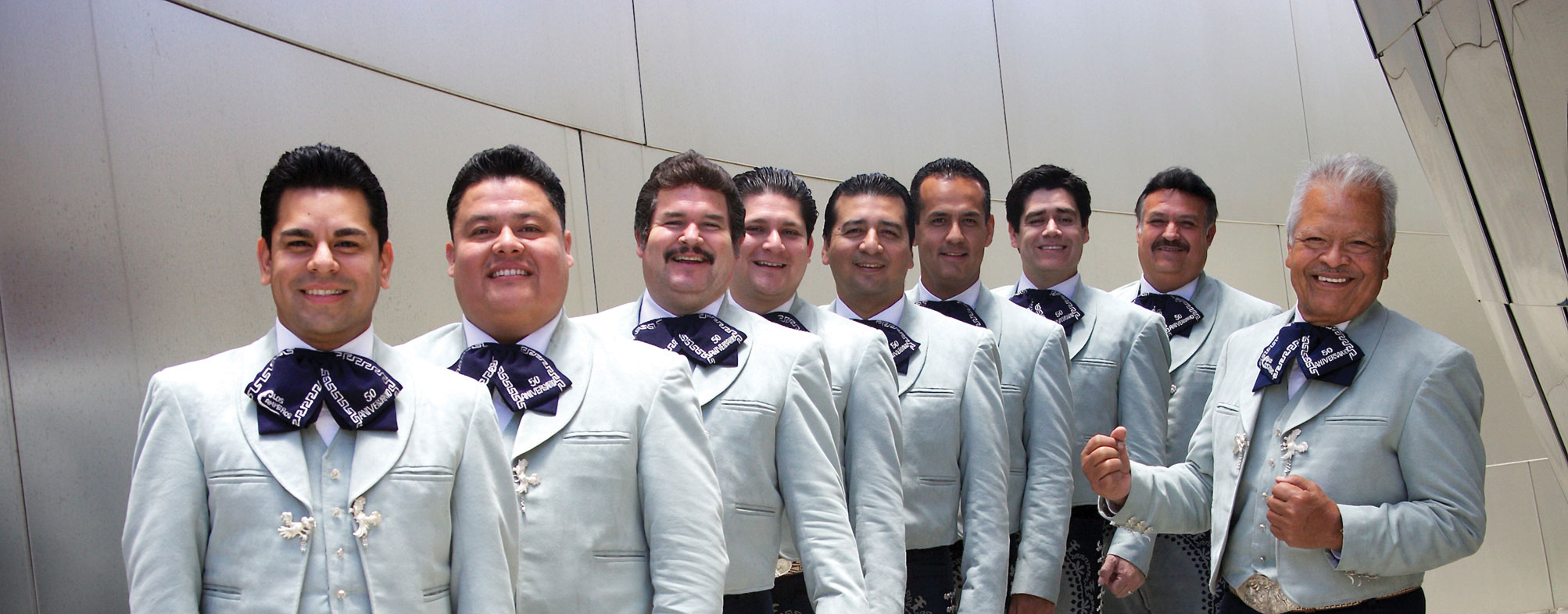Forgive Me Not?
2020 got off to a rough start and has shown no signs of letting up. Regardless of which side you were on, the impeachment trials were nerve-wracking, we survived the possibility of the next world war, and my hands are now raw from these 20-second-hot-water-hand washes followed by a hand sanitizer nail soak. CoronaVirus very suddenly became very real. However, Angelenos were also struck by the loss of icon Kobe Bryant in February. His death shocked the entire nation, but Los Angeles County and Southern California were most deeply wounded. People all around me were moved to tears while I was in disbelief. Everyone dove into social media and news sites as we began to sift through the rumors. Was Rick Fox on the aircraft too? How many people were on the helicopter? His children on the flight too? Dear God, say it isn’t so!
Regardless of which rumors turned out to be true and which turned out to be false, the reality was grim. News and social media bombarded us with reviewing the tragic facts and paying tribute. As Los Angeles and basketball culture were coming to grips with the reality that Kobe was gone, it was easy to remember his incredible basketball career and his recognition as an intellectual who won awards for his short films and spoke several different languages, including Spanish and Italian. But while we were reminiscing of his accomplishments, we were also harshly reminded of a disturbing time in his history: the 2003 rape allegations which led to his arrest in Colorado. It seemed some people, perhaps out of desperation or personal pain, were willing to rob a man of the most basic dignity of a noble passing.
Some of us relieved many emotions and the discussion sparked all over again. Many are still completely skeptical of his accuser’s motives while others find it necessary to hold Bryant accountable for actions he may have committed 17 years ago. In 2003 the public was scandalized by the allegations but many of us were eager to move on as he went on to play the absolute best season of his career in 2006, win his first Olympic medal in 2008, and break the record as the Laker who had scored the most points (25,192) in 2009.
But had we forgiven? It seems some people not so much and wounds were reopened as the details resurfaced. The account of each party was bone chilling. For many, the memories triggered emotions which related to our own experiences with sexual abuse. In the age of the MeToo movement, many of us are operating from a zero-tolerance standpoint, as well we should. Enough is enough. However, I must ask how does forgiveness fit into a zero-tolerance platform?
Kobe Bryant apologized, and as far as public apologies go, his felt sincere. He apologized to the public, to his fans and to the young woman involved. He made some bold admissions in his apology, just short of conceding to the woman’s allegations. He became a dedicated ally for women’s basketball on every level, embracing and advocating for gender equality in the sports industry. It is also worth noting that he was never part of another scandal after the incident in the Colorado hotel.
For a survivor of sexual abuse, forgiveness, or lack thereof, is a sensitive subject, and everyone comes to terms with it individually. This concept became clearer to me as I progressed along my own path of healing. I began to understand that my lack of forgiveness stemmed from a deeply rooted pain which crippled me daily and that to forgive was in my best interest, not my attacker’s. Before achieving a level of forgiveness, anger masked, soothed and protected my pain. Any mention of abuse or an abuser sent me reeling into fits of rage and panic, and I desperately sought justice, if not blatant revenge.
It seems obvious that this renewed attack on a deceased individual who is entitled to the dignity of being mourned in peace also stems from unresolved pain. While I identify deeply with this scenario and with this reaction, I can no longer relate to it. As I discussed this issue out loud, I found myself saying phrases like “acting out of pain” and “to err is human.” I found myself recalling mistakes I have made as long as ten years ago that haunt me today. Mistakes which hurt people, some of whom I love dearly. Mistakes for which I am still making amends, and which have stamped a messy label on me that I still struggle to shed.
To err truly is human and forgiveness need not, must not, be divine. Forgiveness is a necessary social function, but it is also an important tool in the self-care toolbox. Chef Paula Deen apologized for her racist remarks, comedian Kevin Hart apologized several times for his homophobic remarks and even scientist J. Robert Oppenheimer expressed deep regret for his involvement in the creation of the world’s most destructive weapon: the atomic bomb. When we as a society can begin to forgive these errors, it will be a sign of our healing, of our progress in matters of civil rights. When we are no longer so deeply wounded by our own experiences that we must hold everyone accountable for our own pain, that will be evidence that our society has advanced.



